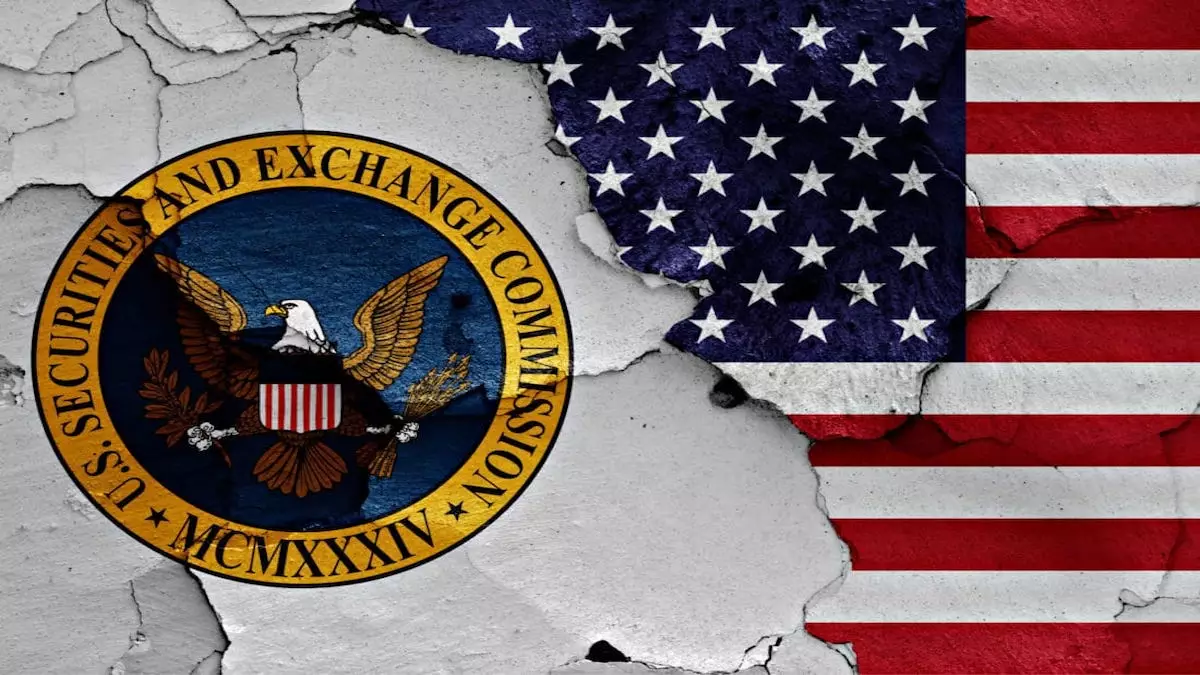The recent Wells notice issued by the U.S. SEC to OpenSea has raised concerns about the regulation of digital assets, particularly non-fungible tokens (NFTs). The SEC has alleged that certain NFTs traded on OpenSea may constitute unregistered securities, implying that the platform itself could be in violation of securities laws. This development has sparked debates about the SEC’s jurisdiction over digital assets and the potential repercussions for OpenSea and the broader NFT market.
The SEC’s investigation into OpenSea is part of its broader agenda to apply securities laws to the evolving landscape of cryptocurrencies and NFTs. CEO Devin Finzer has expressed OpenSea’s intention to contest the SEC’s accusations, citing concerns about the platform being labeled as an unregistered securities exchange. The Wells notice served to OpenSea signals the SEC’s readiness to take enforcement actions against the platform, signaling a regulatory crackdown on companies involved in the digital asset space.
The SEC’s scrutiny of NFT projects, such as Yuga Labs’ Bored Ape Yacht Club, suggests a growing focus on regulating the NFT sector. The categorization of NFTs as securities could have far-reaching implications for creators, platforms, and investors, potentially reshaping the dynamics of the digital economy. By attempting to fit NFTs into traditional securities frameworks, the SEC risks stifling the creative and artistic energies that have fueled the vibrant NFT marketplace.
The SEC’s efforts to impose regulatory oversight on NFT platforms threaten the fundamental principles of decentralization that underpin the sector. The NFT ecosystem was designed to enable creators and users to engage in peer-to-peer interactions without centralized intermediaries. However, the SEC’s intervention could push platforms towards increased centralization, undermining the core ethos of democratized access and freedom from traditional constraints.
The legal battle between OpenSea and the SEC is poised to establish a precedent for the broader NFT market, with potential implications for regulatory compliance costs and market accessibility. While increased oversight could lead to a more structured regulatory framework for NFTs, it also runs the risk of excluding smaller creators and consolidating power among established entities. The outcome of this conflict will shape the future of the NFT ecosystem and determine the extent of regulatory interventions in the digital art space.
As the SEC navigates the complexities of regulating NFTs, there is a growing need for a balanced and nuanced approach that preserves innovation while safeguarding consumer interests. While regulatory clarity can provide stability to a maturing market, it is essential to recognize the unique characteristics of NFTs and blockchain technology in formulating regulatory frameworks. Striking a harmonious balance between oversight and innovation is crucial to fostering a thriving and sustainable digital art ecosystem.
The SEC’s investigation of OpenSea reflects a pivotal moment in the regulatory landscape of digital assets. The outcomes of this case will have far-reaching implications for the NFT market and the broader blockchain ecosystem. By adopting a thoughtful and collaborative approach to regulation, policymakers can support the growth of the NFT sector while ensuring investor protection and market integrity. An evolving regulatory framework that embraces innovation and decentralization is essential to unlocking the full potential of NFTs as a transformative force in the digital economy.















Leave a Reply